Published
- 08:00 am
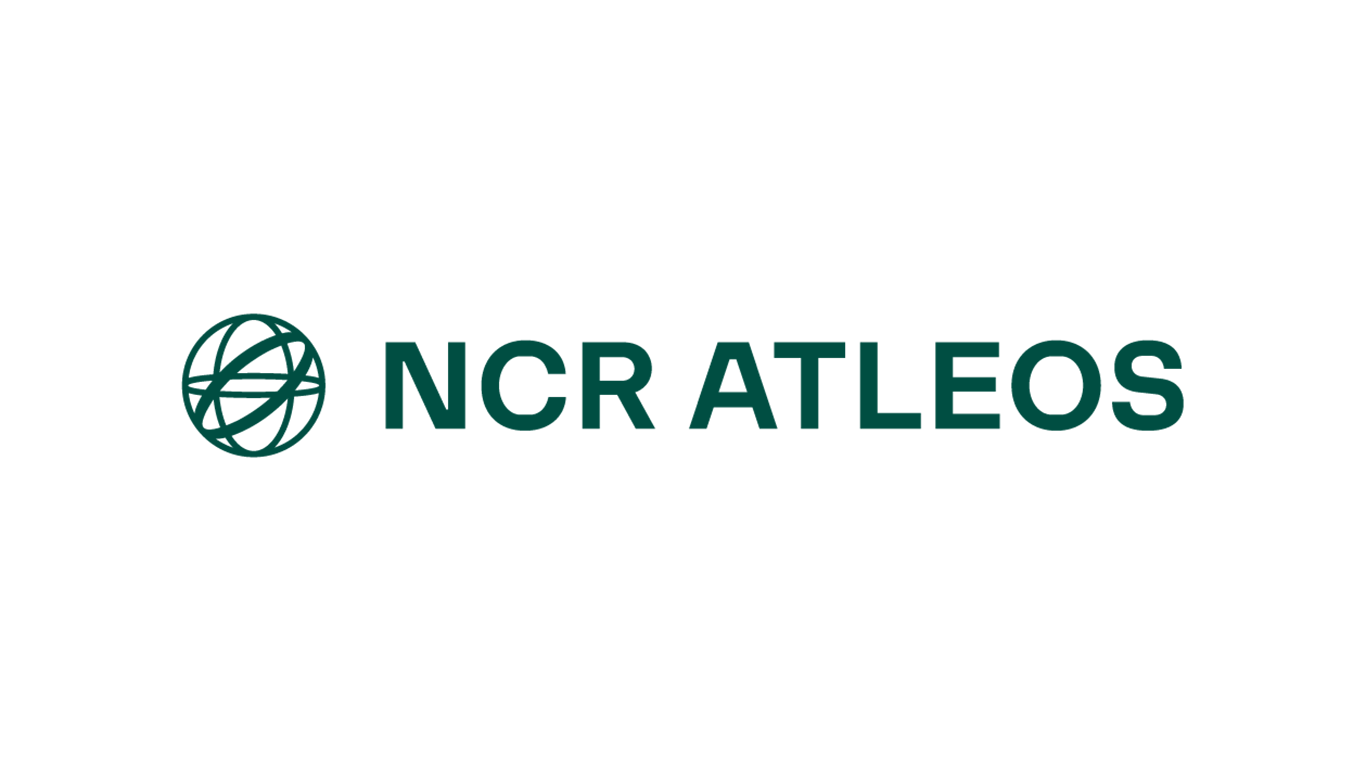
NCR Atleos Corporation, a leader in facilitating banks and retailers to deliver best-in-class self-service banking experiences for consumers, today announced that PayNearMe, the payments company designed to manage the complexities of iGaming and sports betting, will add Atleos’ API-based technology to the Cardless Cash at ATM feature in PayNearMe’s MoneyLineTM platform.
Nine of the 10 largest online gaming operators and 16 of the top 17 largest online casinos in the U.S. leverage PayNearMe’s technology. By enhancing the company’s Cardless Cash at ATM solution with Atleos’ API-based solution, PayNearMe will enable their clients to offer players the ability to withdraw cash from their account at thousands of ATMs at convenient retail locations with a simple, secure code delivered through their iGaming and online sports betting applications.
“Atleos’ cardless cash access API eliminates the friction points associated with traditional methods of accessing cash from a gaming app, making it easier than ever before for our customers and their players to receive their winnings in cash,” said John Minor, Chief Product Officer at PayNearMe. “With Atleos’ innovative technology and expansive nationwide footprint of ATMs, our clients can provide the option for players to easily access their winnings from the convenience and safety of stores they’re already frequenting.”
“Cash remains an integral part of the player experience. With a scaled physical infrastructure powered by our unique API offering, PayNearMe is enabling their clients to enhance the user experience and attract more players by giving them the option to withdraw their winnings from thousands of conveniently located ATMs across the country,” explained Stuart Mackinnon, Chief Operating Officer, Atleos. “This relationship will help drive foot traffic to partner merchants with supported ATMs in a scalable, self-service manner.”
Related News
- 06:00 am

Convera, a leading global B2B payments Fintech, today released its ‘Are You Ready For 2024’ report detailing its predictions for major shifts in currencies, trade, and the global economy next year.
High interest rates and inflation remained the top macro concerns for businesses in 2023, but 2024 may look different as economies enter recession and central banks cut rates. Convera’s report analyzes the 2024 market outlook and reveals that it will be a challenging year as high interest rates, political uncertainty and FX concerns continue to impact global economic growth.
As upcoming elections edge closer in major economies like the US, EU, and UK, campaign promises and election outcomes are predicted to shift economic policies. Historically, elections have caused currency fluctuations as markets react. With diverging monetary policies, currency valuations could see greater volatility in 2024.
The report also predicts economic growth in 2024 to slow to just 1.95%, the lowest since the financial crisis. As the US is a primary engine of global GDP, its weakening economy will drag down worldwide growth. Slower growth impacts trade, corporate profits, lending, and FX volatility.
Other key highlights in the report include:
Movement in Inflation Rates: Inflation is forecast to moderate in 2024 as economies enter recession. This could allow central banks to cut interest rates. However, differing approaches to rates across countries could reshape currency valuations and forex markets.
Medium-term global trade growth: Global trade is projected to rapidly expand over the next 5 years despite near-term headwinds. Trade growth presents opportunities, but also risks if protectionism rises. With over 33% growth, trade flows and demand for cross-border payments will increase.
FX: The US dollar may depreciate in 2024 as markets expect the Fed to cut rates amid a US recession. This influences currency markets, cross-border commerce, and dollar-denominated debt.
"After facing numerous economic headwinds, businesses view 2024 with cautious optimism even as significant changes loom that could impact trade, currencies and growth,” said Patrick Gauthier, CEO of Convera. “While inflation may moderate, shifts in central bank policies and election uncertainty will likely drive volatility. To capitalize on opportunities and mitigate risks, firms must prepare now for the complex landscape ahead.”
The report provides insight on how the impact of this global turbulence will be felt regionally:
The US economy is expected to grow just 1.95% in 2024, which would be the slowest growth outside of a crisis period in the 21st century. A US recession in 2024 would drag down global growth. However, equity markets could gain if interest rate cuts boost sentiment.
UK economic growth is forecast at just 0.4% in 2024 amid recession risks from high interest rates. Also, UK wage growth is expected to stay above the Bank of England's target rate in 2024, keeping inflation high.
Australian GDP growth is forecast at just 1.5% in 2024, below the long-run average of 3.4%. Additionally, the AUD/USD exchange rate may remain below $0.70 in 2024, weighed down by slower Chinese growth, which will remain weak.
With volatility forecast to continue in 2024, sophisticated currency hedging will remain a priority for executive agendas looking to sustain cross-border growth. Convera believes businesses with foreign exchange exposures should look for ways to manage the risks of FX fluctuations, with shifting markets expected to make foreign exchange transaction hedging vital for achieving ongoing success.
Convera produces the ‘Are You Ready For’ report as a guide to aid both customers and the industry as a whole in making smarter planning decisions for the year ahead. Convera’s customers range from small business owners and enterprise treasurers to educational institutions, financial institutions, law firms, and NGOs. Convera provides a diverse set of offerings from simple currency exchanges to sophisticated hedging solutions.
The full report is available to view here
Related News
- 07:00 am

EarnUp, Inc., a financial wellness fintech company, announced today the availability of its EarnUp Engagement Platform, exclusively for credit unions to help drive member engagement through actionable solutions that automate savings, increase loan eligibility and improve overall financial health.
An ecosystem approach to member value, EarnUp’s Engagement Platform features three key pillars of financial wellness automation: AI and automation tools, guidance and ongoing engagement. Credit unions can go beyond static financial literacy tools and offer members a way to automate better financial habits.
Through a conversational, dynamic personal financial advisor, credit unions can make reliable financial guidance accessible to their members. Credit unions can better assess members’ financial goals through interaction and the collection of relevant information, and then guide users to the appropriate actionable applications, such as a debt management solution, automated savings, or a loan officer to refinance existing loans.
Additionally, EarnUp empowers users to make flexible, incremental payments by taking a single monthly loan payment and dividing it into two, three, or four debits throughout the month, many choosing to sync with their payday. The platform also provides the option for automated savings. Users can direct their money towards a down payment on a home, emergency savings, or any other financial goal. Members can also opt to round up debit or credit card transactions to the nearest whole dollar. This helps members increase savings while also serving as a way for credit unions to boost deposits.
“High levels of debt impacts members in numerous ways and hinders homeownership,” said EarnUp co-founder and CEO Nadim Homsany, who points out that consumers owe trillions of dollars on credit cards, vehicles and student loans. “Solutions like EarnUp and our Engagement Platform automate a member’s ability to save, manage monthly cash flow, and build their credit score through timely bill payments. As a result, they can improve their financial health and performance, providing value for both the member and the credit union.”
Matthew Cooper, Co-Founder and President at EarnUp, adds, “Credit unions are facing greater competition, including national banks, fintechs and online brands who make it easy to switch providers for deposit accounts and loans. In fact, in March -- the height of the bank closure scare -- an estimated $550 billion in deposits moved from smaller institutions to big banks and money market funds. With EarnUp, credit unions have a way to differentiate and provide members with a meaningful service that drives financial stability while offering a proven deposit growth strategy.”
EarnUp can be offered as a suite, individual components, or special programs. With a fast, easy onboarding process, the platform requires little to no technology resources. Credit unions can see an immediate, measurable impact that results in high satisfaction rates. Furthermore, it is appropriate for all ages, levels of financial literacy and life stage.
Related News
- 02:00 am
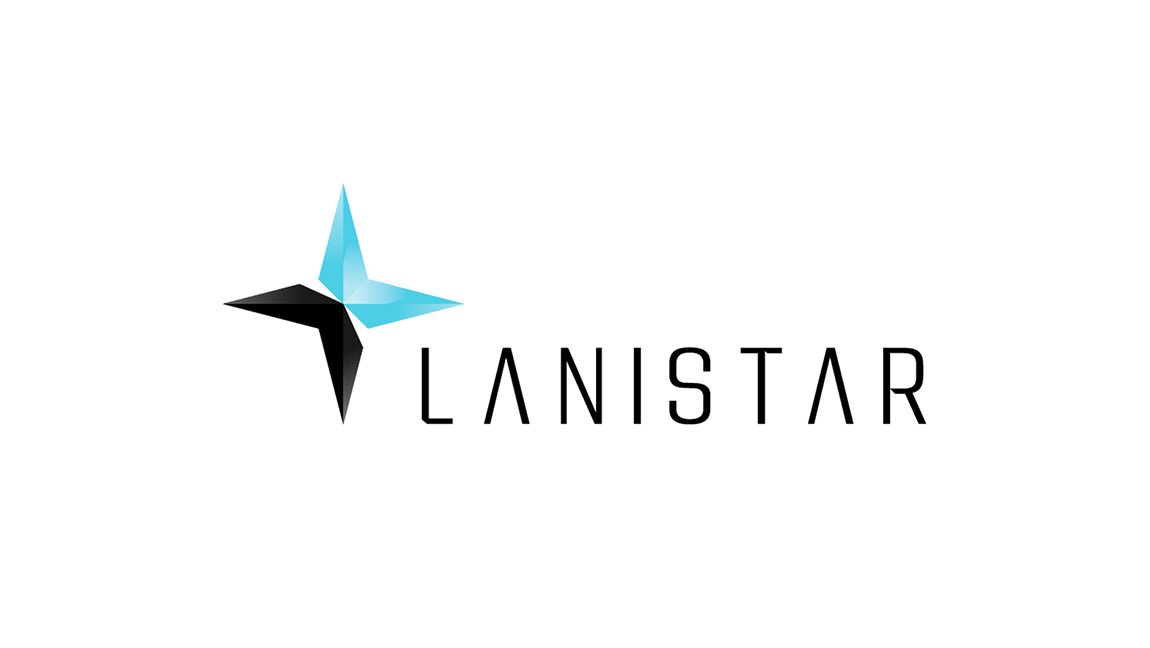
As the payments market continues to digitise, consumers are demanding streamlined real-time interactions with banks to remove friction whilst delivering personalised experiences anytime, anywhere and through any device.
The Banking of Things (BoT) is an infrastructure generated from billions of existing connected devices, known as the Internet of Things (IoT). Data from these connected devices, from fridges to lightbulbs, can offer improved financial services between people and businesses, enabling rich, frictionless, and personalised interactions with customers, contributing to the modernisation of retail banking.
BoT provides fintech’s with the ability to capture and leverage customer data to affect actionable insights. According to Jeremy Baber, CEO of Lanistar, it will be critical to delivering better banking customer experiences, and there are a range of drivers that will lead to the expansion of BoT as its importance grows.
Baber said: “BoT will become much more accessible and scalable for the fintech industry thanks to the development of cloud computing, Web3 and blockchain, the broad adoption of mobile technologies by Millennials and Gen Z, the digitisation of payments and the increasing number of smart devices consumers have access to.
“With the IoT boom comes the potential of BoT, and this infrastructure has the potential to create new products, services, and business models, ushering in a new era where products are designed not by banks but led by customers. This can strengthen partnerships between banks and industry players inside and outside the financial services ecosystems.”
There are some challenges to the wider adoption of IoT and therefore the potential of BoT. Some IoT devices are manufactured and sold with poor security, potentially exposing people to data and financial security, privacy, and physical security problems.
Baber continued: “It is no secret that wireless networks present multiple vulnerabilities and can be used to access smart devices, including sensors and cameras. This also includes other devices on the network, the infrastructure of the IoT provider or the financial institution. Another prominent issue is the visibility of connected devices as people cannot protect what they cannot see.
“However, BoT has great potential to create a range of possibilities for consumers and banks alike if teething problems are tackled. It’s therefore crucial that if fintech is to benefit from BoT, device manufacturers and leading tech developers work together to standardise and improve IoT practices to pave the way for a bright future for BoT” Baber concluded.
Related News
- 08:00 am
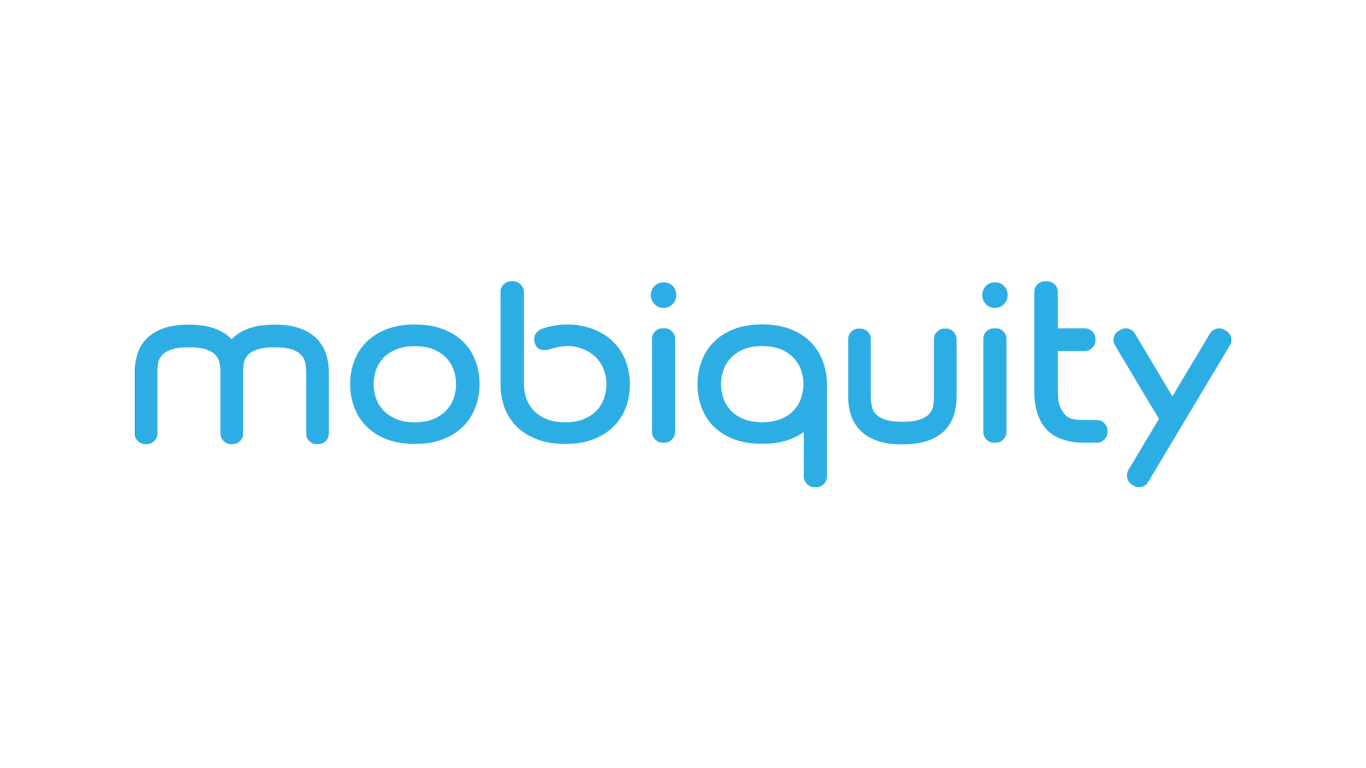
Hexaware Mobiquity, a digital transformation enabler, has published the findings of its Sustainability: Challenger vs. Traditional Banks Report 2023. Based on a survey of 150 UK banking executives conducted by Censuswide, the research shows that UK challenger banks have a more mature approach to sustainability than their more traditional rivals, having cemented the issue as a board-level priority.
The report reveals that whilst 69% of traditional banks view sustainability as an important part of their business strategy, a quarter (25%) of them say they need to shift cultural legacies before they can adopt sustainable behaviours. Although just over half (52%) of challenger banks say sustainability is important, more of them are reporting on it at board level (59%), and have a sustainability representative in the boardroom (56%), compared to traditional banks (49% and 52%, respectively). Despite these differences, the research found both traditional banks (79%) and challenger banks (73%) are using digital transformation initiatives to drive sustainable outcomes.
“Challenger banks are making the most meaningful progress in cementing sustainability as a board-level issue, to ensure it remains a defining factor in key business decisions,” said Peter-Jan Van De Venn, VP Global Digital Banking, Hexaware Mobiquity. “Whilst traditional banks do recognise the strategic importance of sustainability, it will take time to cut through the layers of legacy processes and technologies before they can drive real change.”
The research also reveals the benefits that banks have already unlocked by driving more sustainable practices. Almost a third (32%) of traditional banks experienced cost savings through innovative digital products and services, 26% saw improved brand reputation, 25% increased their customer retention and growth; and 25% said it supported their ability to acquire and retain top talent. The most common benefit identified by challenger banks was maintaining practices against business competition (31%), while 25% said more sustainable practices contributed to a positive impact within society, and 24% saw increased customer retention and growth.
“These findings indicate that both traditional and challenger banks have a lot to gain by becoming more sustainable. Their efforts to do so will be increasingly key to driving innovation and maintaining the loyalty of their customers and employees,” added Van De Venn. “As technology and sustainability become further intertwined, banks will be all-too-aware that their employees and customers expect them to be conscious of the environment and adopt socially responsible business practices. Emerging technologies can help them make the intelligent decisions needed to effect this shift – turning data into the fuel that can drive change and unlock a greener future.”
For more findings and analysis, Hexaware Mobiquity’s Sustainability: Challenger vs. Traditional Banks Report 2023 is available for download here: https://www.mobiquity.com/insights/challenger-vs-traditional-banks-2023.
Related News
- 06:00 am
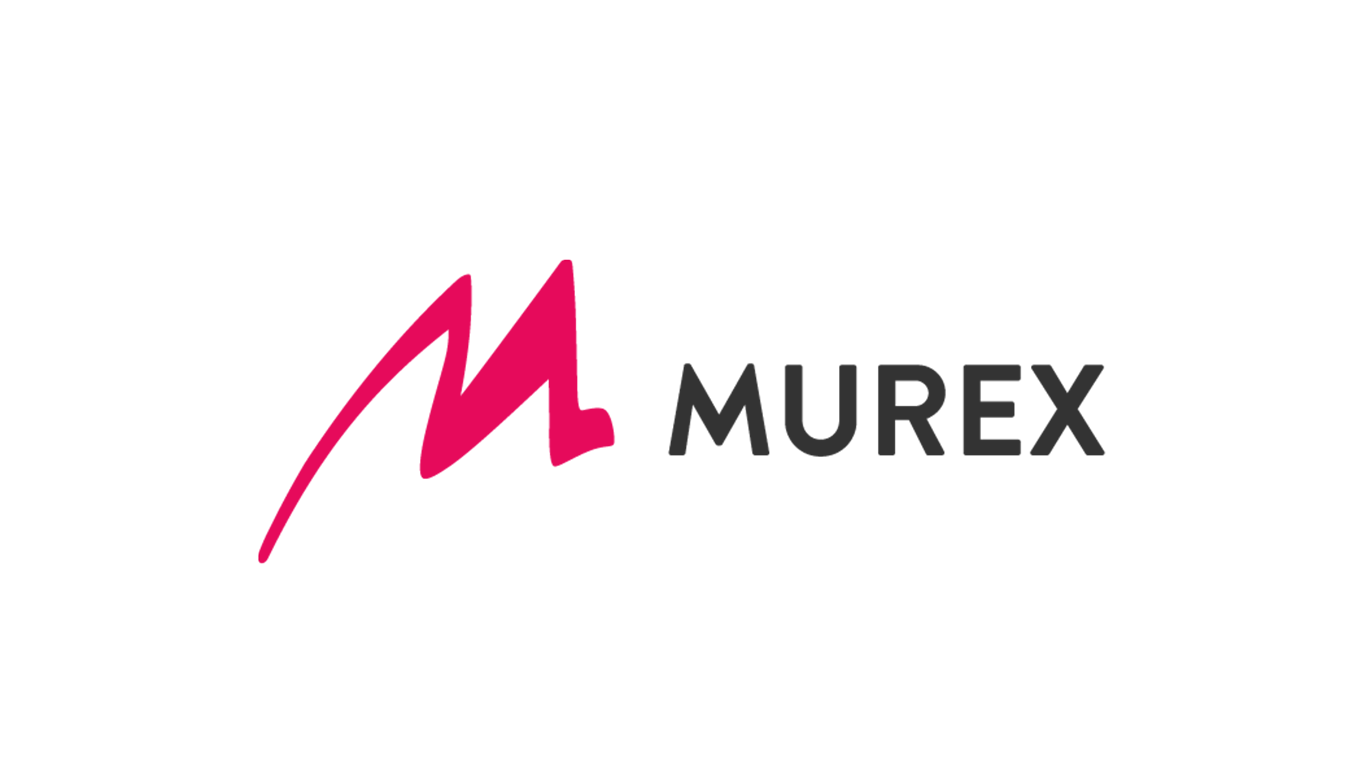
Murex and Rabobank have furthered their partnership in a major global IT transformation journey with the successful go live of back office, operations and finance on the MX.3 platform in Brazil. This replacement project follows previous front office and risk implementations.
Rabobank Brazil’s implementation now supports a wide array of onshore and offshore products, capitalizing on MX.3’s integrated front-to-back nature. Its business scope includes trade capture and pricing, position and treasury management, post-trade and settlement, reporting, market, credit and liquidity risk, P&L and subledger accounting generation.
The project is an important business rationalization and consolidation process of the Markets and Treasury IT landscape at Rabobank Brazil. It factors in and adheres to local market and regulatory requirements, ensuring compliance with central bank rules and local accounting measures. Rabobank confirmed the solution relying on MX.3 adheres to Banco Central do Brasil (BCB), Conselho Monetario Nacional (CMN) and Commissão de Valores Mobiliários (CVM) rules and regulations.
“Murex’s out-of-the-box coverage for native Brazilian products and local market conventions transformed our capital markets systems landscape,” Rabobank Wholesale and Rural Managing Director and Markets and Treasury Tribe Lead Monique Hoeben said. “Overall, the MX.3 implementation in Brazil is another important milestone of our IT vision—our time to market for differentiation is enhanced and, at the same time, we improve the cost-income ratio and reduce TCO.”
“Continuing our long collaboration with Rabobank, we are very proud of this back office implementation in Brazil, which follows our anchored presence on the front office,” said Murex Managing Director, France and Benelux, and Rabobank Account Manager Randa Saghieh-Gaillot. “Rabobank Brazil can now execute faster time to market for local products. Without Rabobank's pragmatism and its very clear vision, this project would not have been such a success.”
Through measured go-lives and progressive delivery and selection of the Murex continuous integration offering, Rabobank Brazil minimized disruption. Design concepts initiated in Rabobank’s implementation of MX.3 were applied to the project with Rabobank Brazil.
“Since implementing MX.3 in Brazil, we have already seen significant improvements in our operational efficiency and risk management capabilities,” said Rabobank COO South America Vivian Pascoalino. “We migrated approximately 60,000 trades from the previous system to MX.3 to enable the back office processing of all Rabobank trades with Murex. The migration went extremely well and is an important milestone in our front-to-back-to-risk transformation journey. The principles of keeping IT simple, standardizing across locations and products, and maximizing straight-through processing have been critical to the success of our implementation. Overall, the MX.3 implementation will enable us to improve our competitiveness, better serve our customers and achieve our strategic goals.”
“The Brazilian capital markets, the largest in Latin America, are experiencing significant growth in transaction volume,” said Murex Americas Co-head Joe Iafigliola. “Regulatory changes in recent years helped boost the investment industry. Hence, capital markets are transforming very rapidly with a high appetite for technology to support new regulation, changing market structure and strategies toward digitalization and rationalization. We are proud as a team to support Rabobank, with the aim to rationalize its IT ecosystem and focus on strengthening its competitive positioning in the region.”
The collaboration with Rabobank Brazil is a continuation of Rabobank’s systems rationalization history with Murex, the global leader in trading, risk management and processing solutions for capital markets.
Related News
- 01:00 am
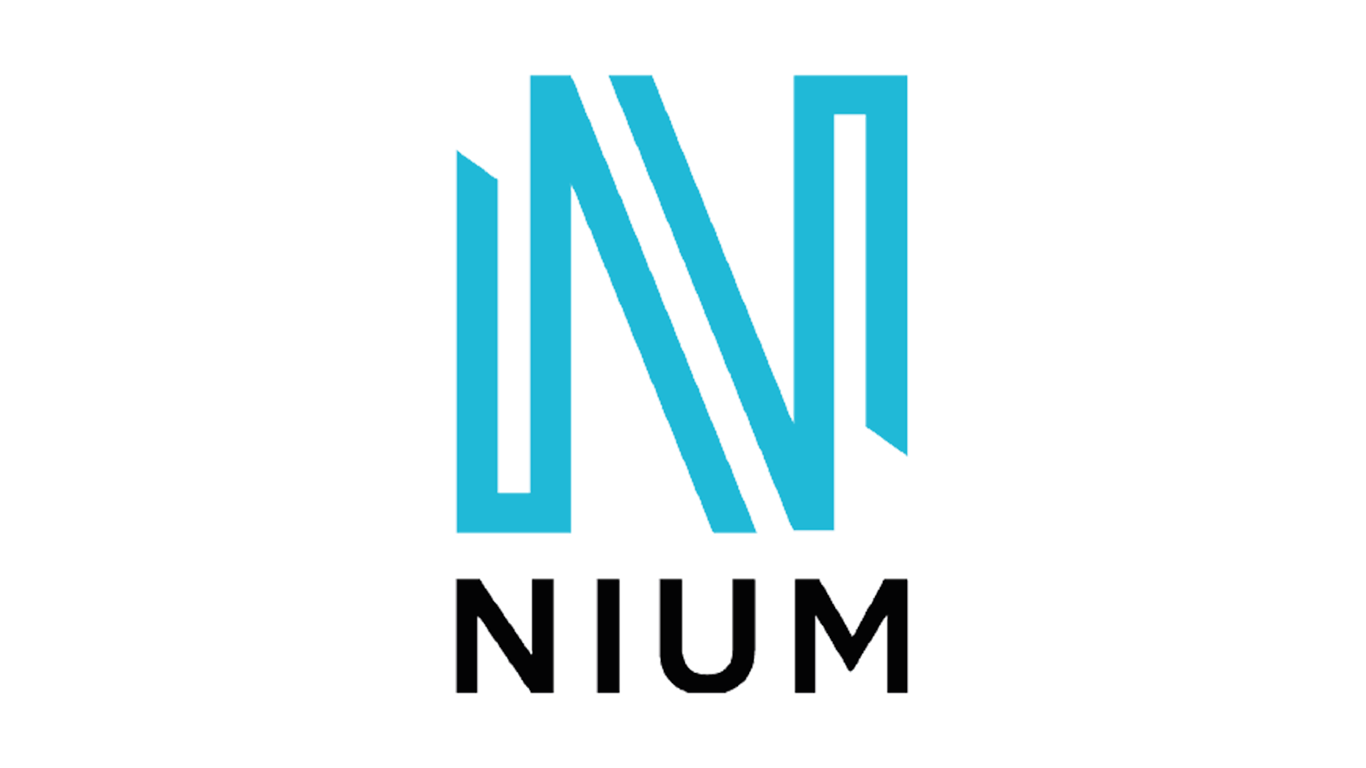
Nium, the leader in real-time global payments, today announced Nium Global FX— a product that allows for guaranteed and competitive FX rates. This includes the ability to lock and hold an FX rate for up to 24 hours and settle FX conversions on a future scheduled date, which helps businesses mitigate the risk of currency fluctuations and improve cash flow.
Global FX allows businesses to hold funds in more than 60 different currencies, allowing for instantaneous payments to employees and vendors worldwide; while Nium's transparent pricing structure ensures that businesses can conduct FX trades with a simple, single markup. The company also introduced the FX rate comparison calculator which enables real-time access to the last interbank rates as well as access to historical rates so you can compare costs from other providers and reveal the hidden markups and fees.
“Our technology teams have been working hand in glove with customers to solve some of the hardest pain points to moving money, globally, in real-time,” said Ramana Satyavarapu, CTO at Nium. “Our payments infrastructure has the most logistics capabilities so that customers have complete transparency and visibility into where their money is, and how much it costs to send. Gone are the days of cross-border money movement being an opaque black box. We're bringing global business payments into the light.”
“We've seen that customers want agility, a simple experience, and competitive prices, but at the same time, they want security, transparency, and good service,” said Mauro Neto, Commercial and Business Development Director at Treviso. “The Brazilian market is very competitive, and the customer compares rates, fees, and settlement times constantly. Nium provides us with a significant cost reduction in fees and FX, speed of payments. and coverage. Treviso stands out in the Brazilian FX market as a major player with innovative IT solutions and Nium supports us in that effort as one of our major settlement providers.”
Additionally, Nium announced a suite of products and features focused on transparency, predictability, and reliability, including Nium Chronometer which optimises payment routing for time, market availability, and cost efficiency with artificial intelligence and machine-learning-driven payment del-very estimation. The revolutionary payment routing solution addresses the challenges of managing manual payment processes through multiple intermediaries.
With these introductions, Nium empowers banks, businesses, and platforms to address some of the barriers to real-time global money movement by streamlining global payment operations and logistics, making it easier for developers to test integrations, routing payments optimally and mitigating FX risk. Nium has invested significantly in the expansion of its global payments infrastructure in 2023, adding direct debit options for payroll providers, zero-deduction wires for USD transfers, new funding options for travel clients, and opening of new corridors across Africa and Latin America. The company's innovation roadmap continues to propel its growth which year over year topped 70%.
Related News
- 04:00 am
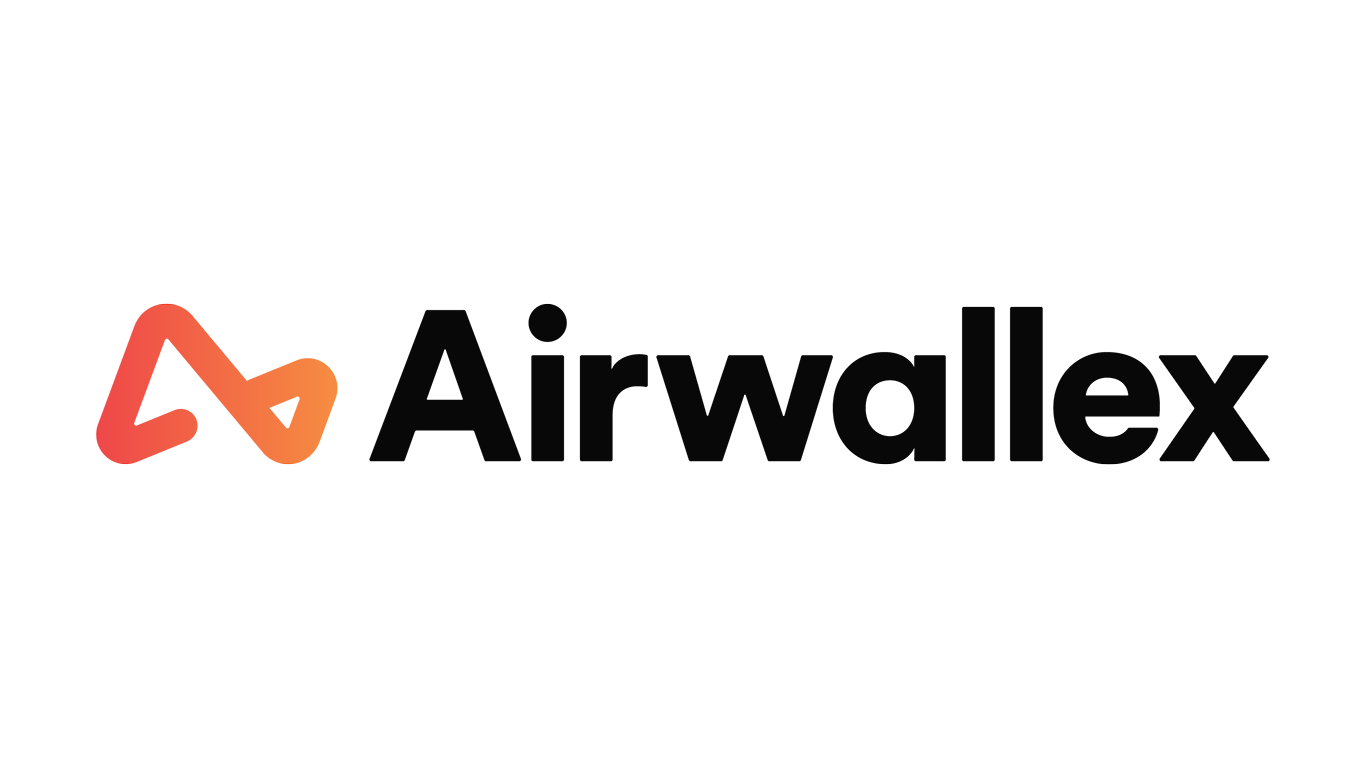
Today Airwallex, a leading global payments and financial platform for modern businesses, announced a new global survey that revealed surging demand for cloud-based financial services with more than 80 per cent of SMBs looking to switch away from traditional banks for their payment needs.
The report, jointly produced by consultancy Edgar, Dunn & Company and Airwallex, uncovers the financial services pain points faced by SMBs which can limit their ability to operate and grow globally.
The data shows that 82 per cent of SMBs globally (86 per cent in the UK and US) feel overlooked by banks and would change their current banking provider if their existing software platform or marketplace offered a like-for-like alternative. The services SMBs would be open to accessing include cross-border payments collection and payouts, business bank accounts, foreign exchange, and treasury.
The findings demonstrate a clear opportunity for software platforms or marketplaces such as e-Commerce, customer relationship management (CRM,) or expense management platforms to better serve SMB customers, and create new revenue streams by offering embedded financial services – particularly when it comes to global money movement and payments.
Cross-border payments pain stifling growth
SMBs face a number of inefficiencies when receiving payments from abroad, including lengthy processing and settlement times (45 per cent), an issue particularly felt in Singapore (52 per cent) and Australia (52 per cent). Forced currency conversion leading to high transaction fees is the second most commonly cited issue (41 per cent) and is particularly felt by UK-based SMBs (45 per cent).
SMBs are also experiencing challenges when paying out funds to vendors, suppliers and employees, including delays in processing and disbursing payments (48 per cent) — rising to 58 per cent in Australia. Complexity in managing multiple payout methods and currencies is also a challenge globally for SMBs (47 per cent), rising to 57 per cent in Singapore. To overcome the numerous pain points in cross-border payments, businesses can better manage the process by embedding an end-to-end payment processing system.
Confidence in software platforms to streamline financial services
On average, 81 per cent of SMBs globally rely on traditional banks to access financial services, but historically these institutions overlook the particular needs of SMBs within certain industries, providing unsuitable, standardized products. Inefficient payment systems cause cash flow issues which have a particularly damaging effect on SMBs. For this reason, 77 per cent of global SMBs are either undecided or actively considering moving to a new payment solution provider.
Traditional banks are considered least likely to meet the financial services needs of SMBs (44 per cent), whereas 64 per cent of respondents believe software platforms or marketplaces that offer embedded financial services can better serve them. This was consistent across all regions, with the highest appetite in Australia (76 per cent). The research highlights that SMBs are in search of streamlined solutions tailored to the specific needs of their industry, which is something that vertical software providers would be well-placed to offer.
SMBs will pay more for a one-stop-shop provider
SMBs in China (93 per cent) and the US (88 per cent) showed the highest appetite to access financial services through their existing software providers. While appetite was lower in Australia (66 per cent), this is because 19 per cent of SMBs in the country are already tapping up their software providers for these services, which was the highest of any regions within the study.
The report also found that in the majority of cases (76 per cent), SMBs would be prepared to pay more to work with a one-stop-shop provider that can support their financial and other needs as they grow their international business. Chinese SMBs are most willing, with 91 per cent stating they would do so.
Shannon Scott, SVP, Global Head of Product, Airwallex said: “Seamless cross-border payments are essential for digital-first SMBs, but our research highlights that these businesses think banks are missing the mark by not offering the right solutions to support their global ambitions.
“Software platforms and marketplaces are well-placed to fill this gap because they have closer relationships with their customers and understand the nuances of their industries. For example, if an e-Commerce marketplace is interested in providing loans to their sellers, having visibility over their sellers’ payments processing will be essential to offering pre-approved funds or making well-informed risk assessments.
“Industry data consistently highlights the positive impact of embedded financial services on a software as a service (SaaS) company’s valuation and market capitalization. The opportunities are huge, but untapped, for software providers to better serve customers with tailored offerings while unlocking new revenue streams for themselves.”
Related News
- 05:00 am

A new study from Juniper Research, the foremost experts in payment markets, forecasts the number of network-tokenised IoT transactions, comprising wearables, connected vehicles and connected home devices, will reach 62.7 billion by 2028, up from 10.5 billion in 2023.
Data Protection Provided by Tokenisation Vital to Unlocking IoT Payments
Network tokenisation will be crucial among payment-enabled IoT devices, as they become more prevalent in the payments industry, to reduce increasing risk of fraud. If IoT payments are to become popular in the mainstream payments market, then IoT payments must be underpinned by a technology that can protect essential payment information, which network tokenisation can provide. Without network tokenisation as a basis for security, IoT payments will face challenges around reliability and ease of use; limiting overall adoption.
Research author Cara Malone remarked: “In order for IoT devices to become a method of payment that is secure, and to reduce CNP (Card not Present) fraud, IoT payment providers must incorporate tokenisation into their system. Tokenisation ensures IoT payments can offer the same level of security as with card present transactions; providing a platform for IoT payments to scale.”
Network Tokenisation Key for Lowering Cart Abandonment
The implementation of network-tokenised transactions will improve checkout conversion rates, through the simplicity and security that they provide. Juniper Research anticipates, given the importance of maximising conversion rate and reducing fraud, there will be a significant and continually growing demand for network tokenisation solutions across payment types. Based on this strong demand, we forecast the number of network-tokenised transactions globally will reach 407 billion in 2028, from 140 billion in 2023.
Related News
- 03:00 am

AMLYZE, a leading RegTech company specializing in anti-financial crime solutions for FinTechs, neo-banks and crypto businesses, is pleased to announce its strategic partnership with Shufti Pro, an identity verification service provider, to accelerate trust globally.
This collaboration brings together the best of both companies' expertise to offer clients an unparalleled suite of Anti-Money Laundering (AML) and Know Your Customer (KYC) solutions.
AMLYZE, recognized for its transaction monitoring, client risk scoring, investigations, and sanctions screening services, developed by regulatory insiders in collaboration with IT and AML experts, has joined forces with Shufti Pro to leverage the latter's cutting-edge compliance services along with KYC and KYB (Know Your Business) technologies. As a value-added reseller, AMLYZE will integrate Shufti Pro's identity verification services to further enhance its existing compliance module offerings.
The key benefits of this partnership include:
1. Seamless identity verification: clients of AMLYZE can now enjoy a seamless and robust identity verification process powered by Shufti Pro's state-of-the-art technology. This will help AMLYZE's customers ensure the authenticity of their customers, reduce fraud risks and enhance compliance efforts.
2. Comprehensive KYC/KYB solutions: Shufti Pro will be able to provide an all-encompassing AML and compliance solution by incorporating AMLYZE's key modules, helping clients to streamline customer onboarding and risk assessment processes.
3. Global reach: Shufti Pro's global coverage allows AMLYZE to offer identity verification and background checks for individuals and businesses around the world, facilitating international expansion and compliance with various regulatory requirements.
4. Enhanced efficiency: AMLYZE's clients will benefit from quicker onboarding and a more efficient AML process, resulting in improved customer experiences and reduced operational costs.
Jekaterina Govina, Head of Partnerships & Regulatory Affairs and Co-Founder of AMLYZE, said:
"We are excited to partner with Shufti Pro, one of the leaders in the identity verification and KYC industry. This collaboration allows us to enhance our AML services significantly and provide our clients with a holistic approach to compliance. We are sure this will support our planned international expansion and ensure that our customers have access to the most advanced solutions to combat financial crime and ensure the security of their operations."
"Shufti Pro aims to eradicate identity scams from the Fintech industry, and partnership with AMLYZE is a step towards that goal. Our services will drive trust in the industry, ensuring secure customer onboarding whilst enhancing AMLYZE’s AML screening processes. Shufti Pro will continue to work further in the future, enabling Fintech businesses to deter fraud through our state-of-the-art IDV solutions,” said Victor Fredung, CEO of Shufti Pro.









